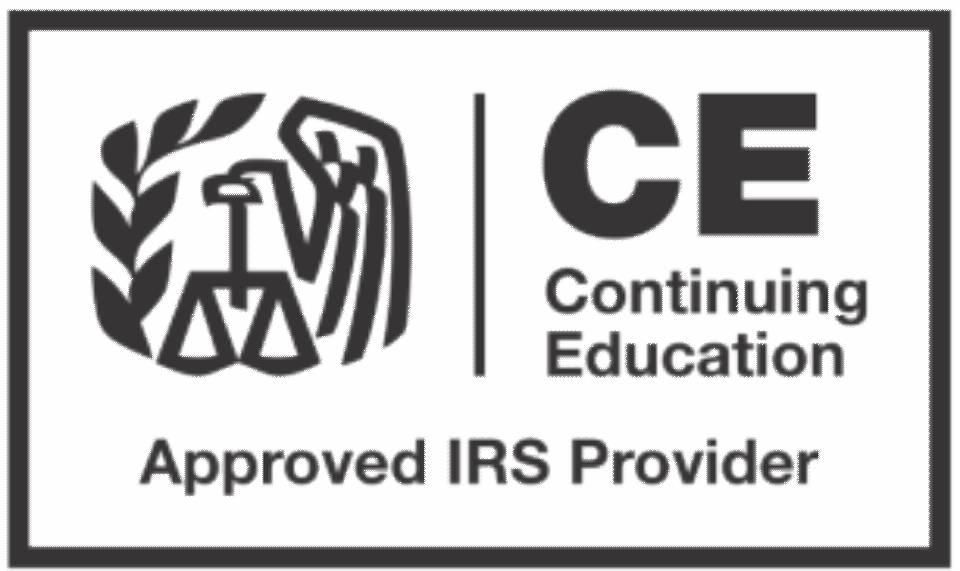Tax Treatment of Individual Retirement Arrangements
Tax Treatment of Individual Retirement Arrangements
Description:
Federal tax policy is designed to accomplish numerous goals, from funding the government to encouraging socially beneficial actions such as saving for retirement. ERISA, the Employee Retirement Income Security Act, was created principally to meet the latter objective. ERISA created an individual retirement arrangement usually referred to simply as an IRA to encourage taxpayers who were not participants in an employer-sponsored qualified retirement plan to save money to fund their future retirement needs. That was the initial legislative action. In order to participate, you needed to be employed and not a participant in a pension, profit-sharing, or other qualified plan. These early ERISA provisions offering tax benefits to individuals funding IRAs have been extended in subsequent legislative actions to:
- Unemployed spouses
- Qualified retirement plan participants
- Taxpayers preferring tax-free distributions instead of deductible contributions
Early expansion of the IRA provisions added a spousal IRA that is designed to provide retirement assistance to uncompensated homemakers. It was also expanded to allow employees who are covered under an employer-sponsored qualified pension or profit-sharing plan to contribute to an IRA. Since that earlier ERISA expansion related to IRAs, new IRAs have been added, including Roth IRAs that offer tax-free qualified distributions rather than deductible contributions. In order to differentiate the newer Roth IRA from its earlier cousin, the original IRA is now referred to as a traditional IRA.
Learning Objectives
Upon completion of this course, you should be able to:
- Apply the rules governing eligibility for and contributions to traditional and Roth IRAs
- Identify the requirements and benefits related to a spousal IRA
- Apply the tax treatment rules concerning contributions to and distributions from traditional and Roth IRAs
- Distinguish between traditional and Roth IRA distribution rules
$29.00
Additional information
| Credits | |
|---|---|
| Field of Study | |
| Instructional Format | |
| Delivery Method | |
| Course Author | |
| Knowledge Level | |
| Advanced Preparation | |
| Program Prerequisites | |
| Published Date | |
| Who Should Attend | All Certified Public Accountants (CPAs), Enrolled Agents (EAs), Other Tax Return Preparers (OTRPs) |

